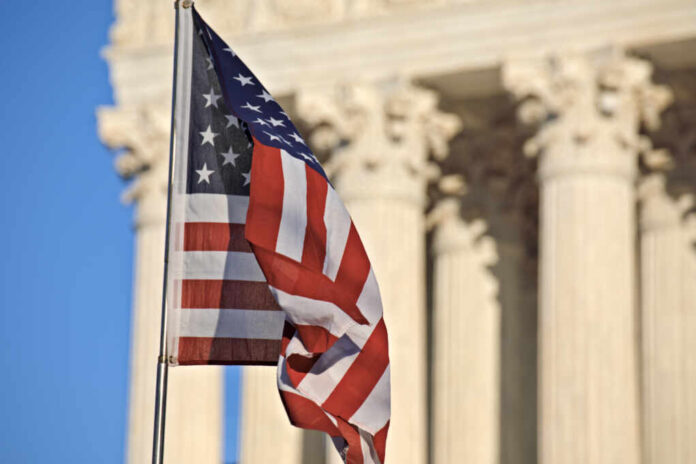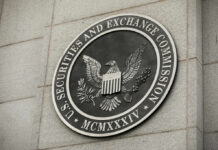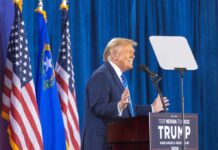
In an order issued Friday, the U.S. Supreme Court has agreed to take up a significant free speech case, involving an appeal by the Biden administration of a lower court ruling preventing the government from engaging in censorship in violation of the First Amendment. The case could be a landmark decision with far-reaching implications for how big tech platforms handle censorship and governmental relationships.
The case, Murthy v. Missouri, stems from a suit filed by five social media users and the Republican attorneys general of Missouri and Louisiana. They allege that various federal agencies and officials coerced social media companies into suppressing speech on their platforms, violating the First Amendment.
🚨BREAKING: Missouri v. Biden is heading to the Supreme Court.
The lawsuit that revealed the Biden admin worked with social media companies to censor free speech online has been granted a writ of certiorari. pic.twitter.com/vIqKzchV0e
— Greg Price (@greg_price11) October 20, 2023
The Supreme Court’s decision to hear this case is critical when the tension between government involvement and freedom of speech is at the forefront of national discourse. The case centers around claims that federal officials coerced social media companies to suppress speech on various controversial topics, including the COVID-19 lab leak theory, pandemic lockdowns, and the Hunter Biden laptop story. The claimants assert that these actions by government officials amount to a violation of their First Amendment rights.
Roberts, Kavanaugh, Barrett drop the ball and allow Biden administration censorship to continue! https://t.co/mLwngO5J1j –
— Tom Fitton (@TomFitton) October 20, 2023
Justice Samuel Alito, along with Justices Clarence Thomas and Neil Gorsuch, agreed with the decision to take up the case but dissented from the decision to stay the lower court’s injunction. In a five-page opinion, Alito expressed concern that the decision to temporarily block the injunction could be interpreted as giving the government the green light to use heavy-handed tactics to skew the presentation of views on social media platforms.
The Supreme Court’s decision to take up this case is especially timely given the increasing role that social media plays in disseminating news and information. The justices’ ruling could significantly impact how social media platforms handle controversial topics and the extent to which the government can influence or restrict speech on these platforms.
The Biden administration has contended that its interactions with social media companies aimed to mitigate the hazards of online misinformation by flagging content that violated the platforms’ policies. However, the plaintiffs argue that the government went beyond mere flagging and engaged in coercion, threatening, and pressuring social media platforms to censor them. This, they claim, is a clear violation of their First Amendment rights.
Here is a report on the original injunction issued by the federal district court in July:
As the case progresses, it will be crucial to see how the justices balance the need for regulating misinformation and the fundamental right to free speech. The outcome of this case could set a precedent for how social media platforms handle content moderation and the extent to which the government can intervene in this process.
In the coming months, the Court will also hear other cases related to the interaction between the government and social media platforms, further highlighting the importance of this issue in today’s digital age. With the potential to reshape the landscape of free speech and government intervention in social media, the Supreme Court’s decision in Murthy v. Missouri could be a defining moment for the future of free speech in America.
































